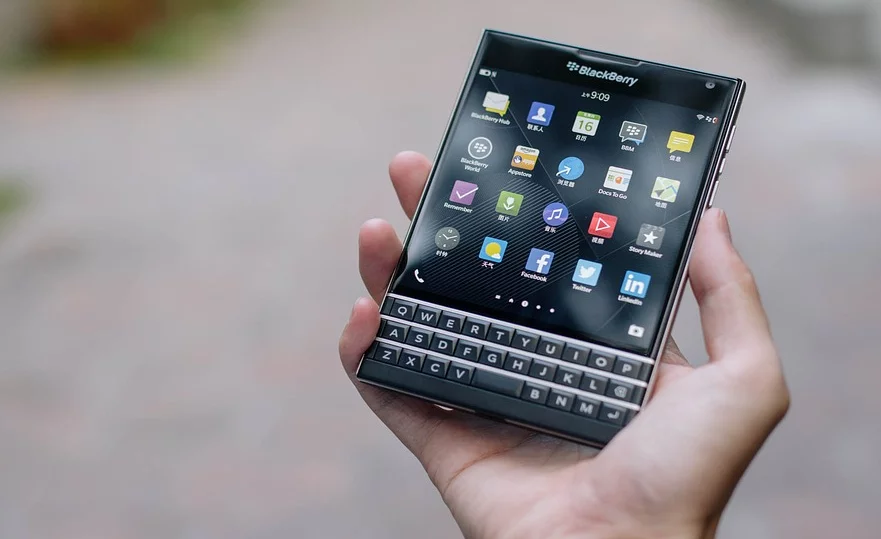As the proposed four-tier Goods and Service Tax (GST) gets operational next April, customers in India may expect telecom bills to go up with a higher GST rate of around 18%, as compared to the current 15% rate for telecom services.

Expensive telecoms services may also hit debt-ridden carriers which are already reeling under pressure, besides impacting the government’s Digital India ambitions.
The Indian government introduced a four-tier GST structure with rates of 5%, 12%, 18% and 28%. However segment wise rates are yet to be announced. The tax on telecom services is likely to be fixed at 18%, industry executives told the Economic Times. They added that tax at 12% is unlikely as it will mean a cut in revenue for the government.
Consumers of mobile services would see an effective 3% rise in monthly cellphone bills with the GST rate pegged at 18%.
Rajan Mathews, director-general of the Cellular Operators Association of India, told ET that a higher GST rate would hurt the common man the most and stymie growth of this critically important infrastructure sector. He added that a higher rate will have an inflationary effect on the overall cost of provisioning telecom services and increase costs for subscribers.
“Since telecoms is an essential service under Essential Services Maintenance Act, 1968, it was imperative that the GST rate should have been aligned with the merit rate of tax applicable for essential products and services, which is way below 15%,” Mathews was quoted as saying.
Also read: GST Bill: Indian telcos say mobile bills may go up if rate is above 15%
The continuation of central excise duties and state sales taxes on petro-products would also have a cascading impact on telecom companies, especially tower operators, Mathews said, adding that the telecom sector is the second-biggest buyer of diesel after the railways.















